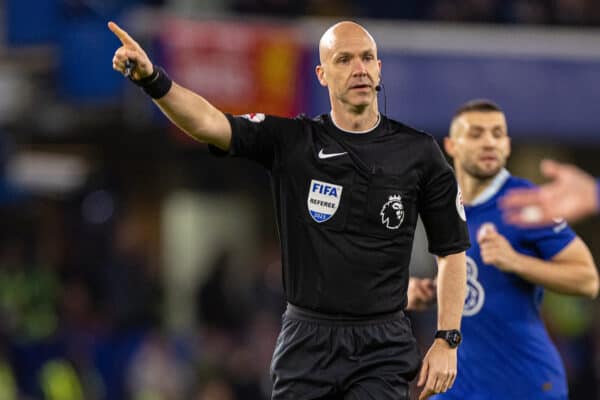As Liverpool enter another season at the peak of European football, Tony Evans’ ‘I Don’t Know What it is But I Love it’ reflects the club’s successful past, writes Jack Lusby.

Released at the tail-end of the unexpected success of 2013/14, Tony Evans’ historical season review ‘I Don’t Know What it is But I Love it’ happily reflects modern football on Merseyside.
Evans’ book focusses on the highly successful 1983/84 season, wherein which the Reds saw huge changes to their make-up with the retirement of Bob Paisley succeeded by the promotion of Joe Fagan to first-team manager.
Under Fagan, Liverpool became the first side in England to win three major trophies, with the hallowed Anfield turf welcoming success in the first division, European Cup and the League Cup—all in this first season.
Respective final victories over Roma at the Stadio Olimpico and Everton, in an eventual re-played tie, at former Manchester City ground Maine Road put the icing on the cake in a season which saw legendary striker Ian Rush score a phenomenal 47 goals.
A season to be celebrated for decades to come, Evans’ ‘I Don’t Know What it is But I Love it’ is timed to perfection, with Brendan Rodgers’ current Liverpool entering a new era of success.
Presentation
From the off, ‘I Don’t Know What it is But I Love it’ is an enjoyably presented piece of work, particularly in hard-back.
Published by Viking, of Penguin Books, Evans’ work is fine-tuned with neat precision; chapters are punctually spaced, prose straightforwardly navigated.
The book’s artwork features a high quality colour image of Graeme Souness, Kenny Dalglish, Sammy Lee, Mark Lawrenson and Co. celebrating their European Cup success, capturing the moment in vivid, Merseyside red.
A contagious joy, this book demands your attention.
Style
Evans’ writing style itself is unsurprisingly droll and captivating; The Times Football Editor is occasionally seen as a controversial figure amongst a handful of the online Liverpool faithful, but his experience and knowledge are irrefutable.
Bringing first-hand experience to this retelling, having attended “all fourty-two league games and most of the matches in other competitions,” Evans writes with the easy-going air of true, imparted wisdom.
Most adroitly, the writer brings a comfortable wit to proceedings, and it is within this that ‘I Don’t Know What it is But I Love it’ finds its niche.
Introduction
The opening ‘Dramatis Personae’, serving as a nuanced list of full cast & crew, is a prime example of Evans’ humour.
Introducing names such as Fagan, Souness, Dalglish and Rush—already well-known, of course—Evans succinctly wraps up the roles and disposition of those and various other squad and staff members.
Craig Johnston was an “Australian overachiever with strange taste in music,” Steve Nicol a “goofy young Scot,” the “butt of dressing-room jokes,” Bruce Grobbelaar “talented but erratic.”
The description of then-coach Roy Evans as “good cop” to Ronnie Moran’s “bad cop” is not only humorously vivid, but also an interesting insight into the club’s backroom, given Evans’ retrospective experience of the pair.
Wit and emotions
Elsewhere, detailing the departure of Souness at the season’s end, having helped enormously in captaining the side to a trifecta of glory, Evans continues this witty insight.
Discussing the £650,000 transfer of the combative midfielder to Serie A side Sampdoria, in June 1984, Fagan and Paisley intimated to tragically hospitalised fan George Sharp that Souness’ “legs were going,” at 31 “he was past his best,” and “£650,000 was good value.”
Evans wonders “just exactly who was suffering the effects of medication.”
What were they smoking, indeed.
A perhaps disappointing end to such a glorious season for the Reds, Evans wryly tears apart any attempt to rationalise what was a huge loss for the club by any Liverpool official at the time.
Adapting his experience and his second-hand retellings with a piquant edge, Evans makes what could well have been a dry retrospective a hugely rewarding read.
An extensive, intriguing retelling of a magical season for the Reds, Evans’ ‘I Don’t Know What it is But I Love it’ can happily take its place in the pantheon of Liverpool season reviews.
‘I don’t know what it is but I love it’ is published by Viking and available on Amazon for Kindle and in Hardcover.


















Fan Comments